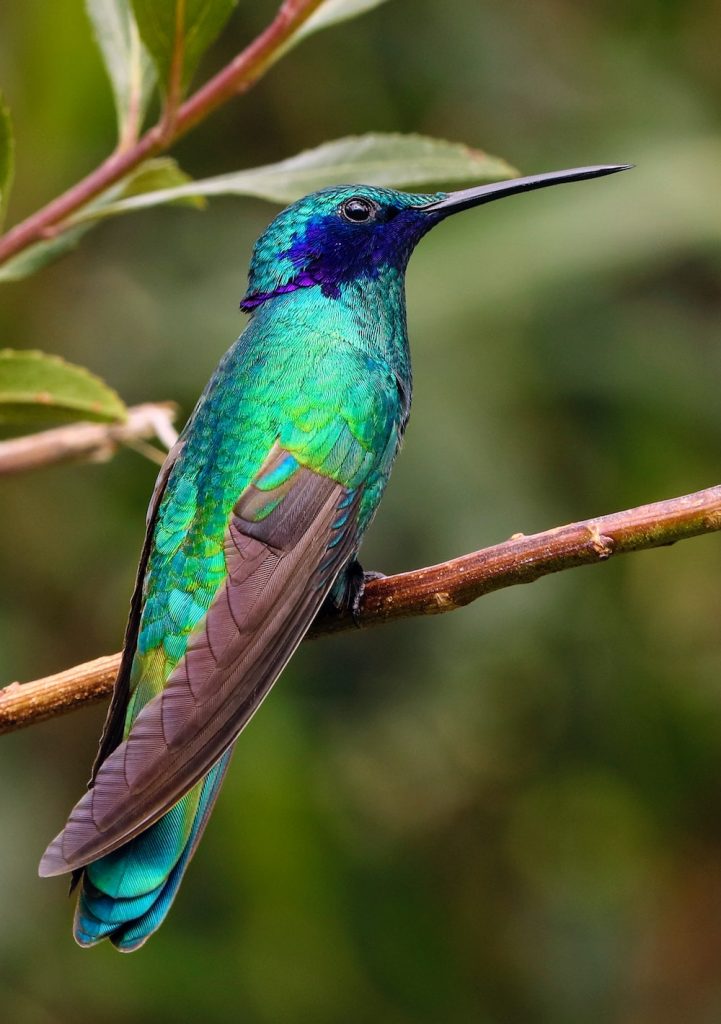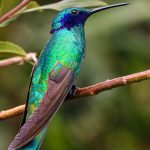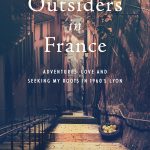
Next, I pay attention to my surroundings: the iridescent green of a hummingbird whirring through the eucalyptus leaves outside my window. That enormous hawk I spotted sunning her creamy chest in the sun’s early rays high on a redwood spire. My mother always said she wanted to be a bird in her next life. Now I’m sure of it. I imagine her spreading her spirit wings at dawn, then nesting with them again at dusk.
Before sitting down to write I often try some rituals. First, I ask Patience and Clarity, two of my guiding angels to sharpen my focus, ward off distraction, and to protect me from my overactive inner Editor, Judge and Critic.
Finally, I close my eyes and meditate until my thoughts dissolve like sediment and my lips form only a silent O around the words that bubble up from the seabed of my brain. When even these measures fail, I look for inspiration in the riddle of a poem by Archibald MacLeish that hangs on my wall.
A poem should be palpable and mute / As a globed fruit
Dumb / As old medallions to the thumb
Silent as the sleeve-worn stone / Of casement ledges where the moss has grown
A poem should be wordless / As a flight of birds
But it’s Leonard Cohen’s simple yet profound ode to imperfection (though he apparently took many years to (dare I say?) perfect it, that finally releases the riddle.
Ring the bell that still can ring / Forget your perfect offering
There is a crack in everything / That’s how the light gets in.
In the end I settle for the beauty of imperfection – the fly in the amber, the symbolic stray bead in a Native American painting, Schubert’s unfinished symphony. Accept my limitations and take the plunge.





